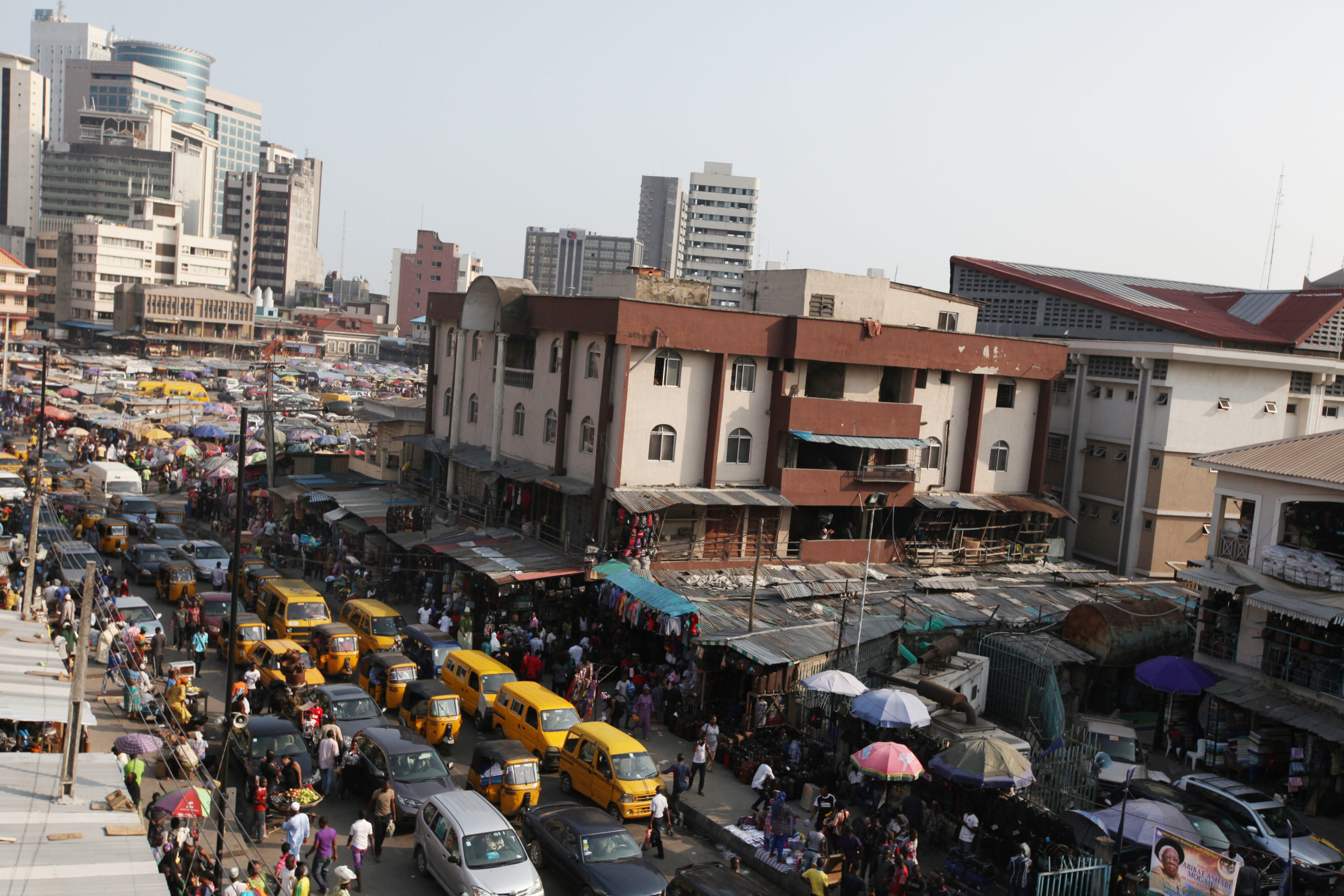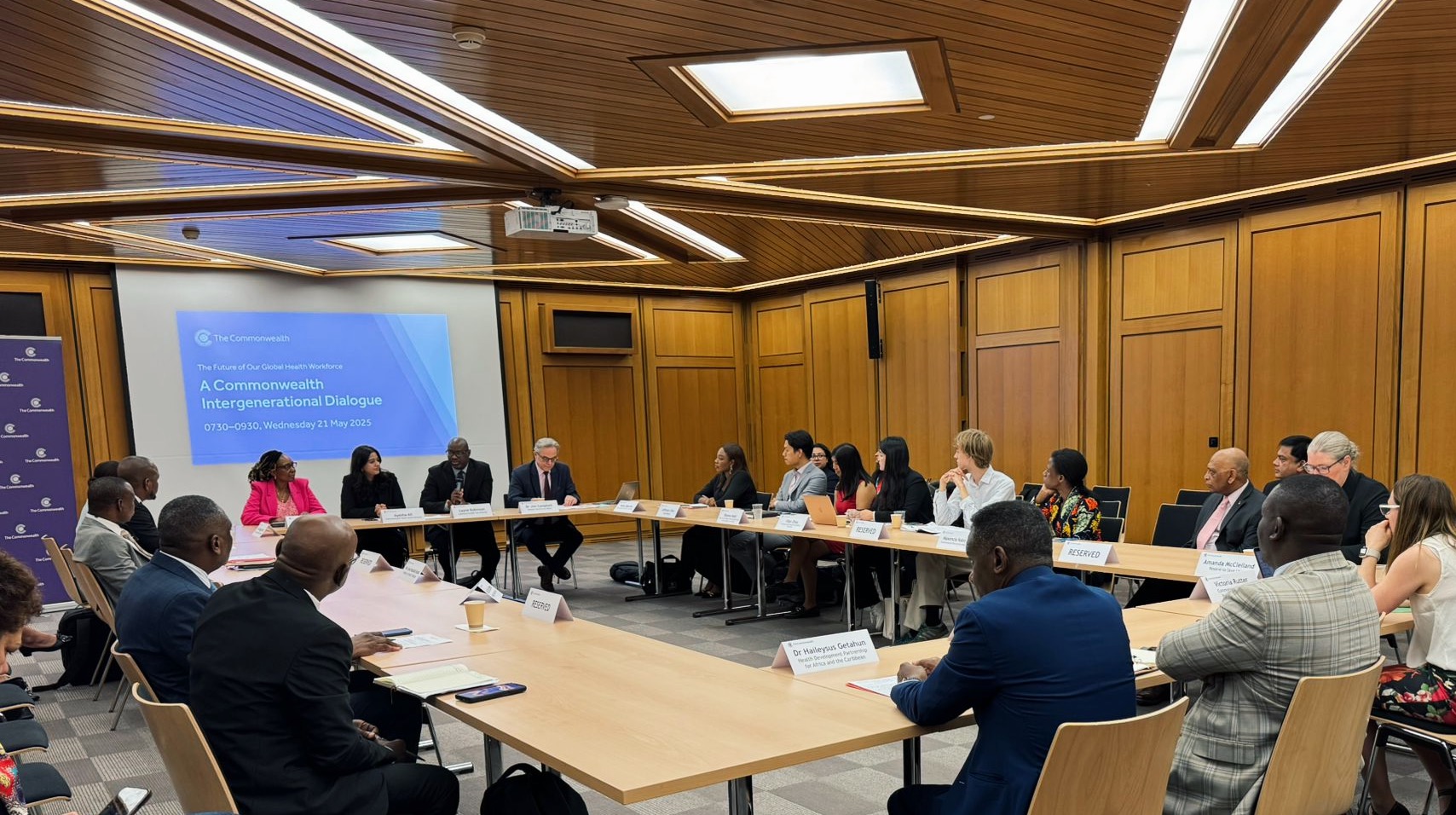Nigeria’s lost 2020 vision
May 24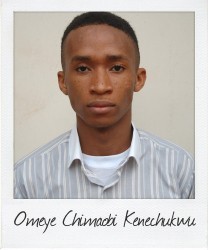
This has not been the best of times for Africa’s largest economy. Even before the Coronavirus pandemic and low oil prices hit them, Nigerians knew that Vision 20:2020 would not be realized this year. Omeye Chimaobi Kenechukwu, a 24-years-old Commonwealth Correspondent from Nigeria argues that it is unacceptable that yet again, his country has failed to reach its socio-economic goals.
I am still wondering how my country Nigeria lost her way with her famous Vision 20:2020. In early 2005 when the vision was launched by President Olusegun Aremu Mathew Obasanjo,we all had hopes of a brighter future but those hopes have been dashed. Although Nigeria is blessed with numerous solid minerals and rich hydrocarbon deposits, we have been unable to achieve meaningful socio-economic development since independence and Vision 20:2020 has not changed that reality.
It is not the first time that my country’s plan for a brighter future has come to nothing.
In 1996, General Sani Abacha’s military regime had also mandated the crafting of an economic development plan – Vision 2010. It was a total failure because of lack of implementation and led to the drafting of this current economic and development plan, Vision 20:2020 under the leadership of President Obasanjo.
A number of stakeholders led by The National Council on Vision 20:2020 served as the think-tank for the initiative. Our vision was that by 2020, Nigeria would be in the top 20 economies in the world and would have “a large, strong,diversified, sustainable and competitive economy that effectively harnesses the talents and energies of its people and responsibly exploits its natural endowments to guarantee a high standard of living and quality of life to its citizens.”
We have however lost our way.Despite being Africa’s biggest economy, we will not be making it into the top 20 economies in the world this year, and there are some other goals that we will be missing this year too.
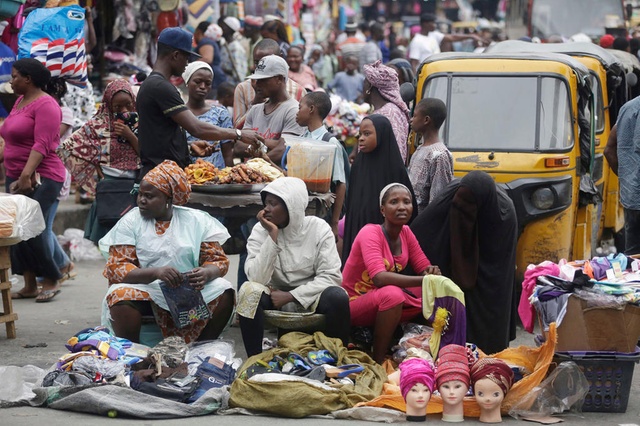
We were aiming for a per capita income of over US$4000 but according to the World Bank, our per capita income was US$2028 in 2018 so it is reasonable to expect that we will miss our target. Similarly, our goal was to be among the top 40 countries on Transparency International’s Corruption Perceptions Index, but the reality is that in 2019 we were ranked at 146 out of 180 countries.
Additionally, the World Bank’s Human Development Index which records child survival, school enrolment, quality of learning, healthy growth and adult survival, ranked Nigeria at 152 of 157 countries in 2018.
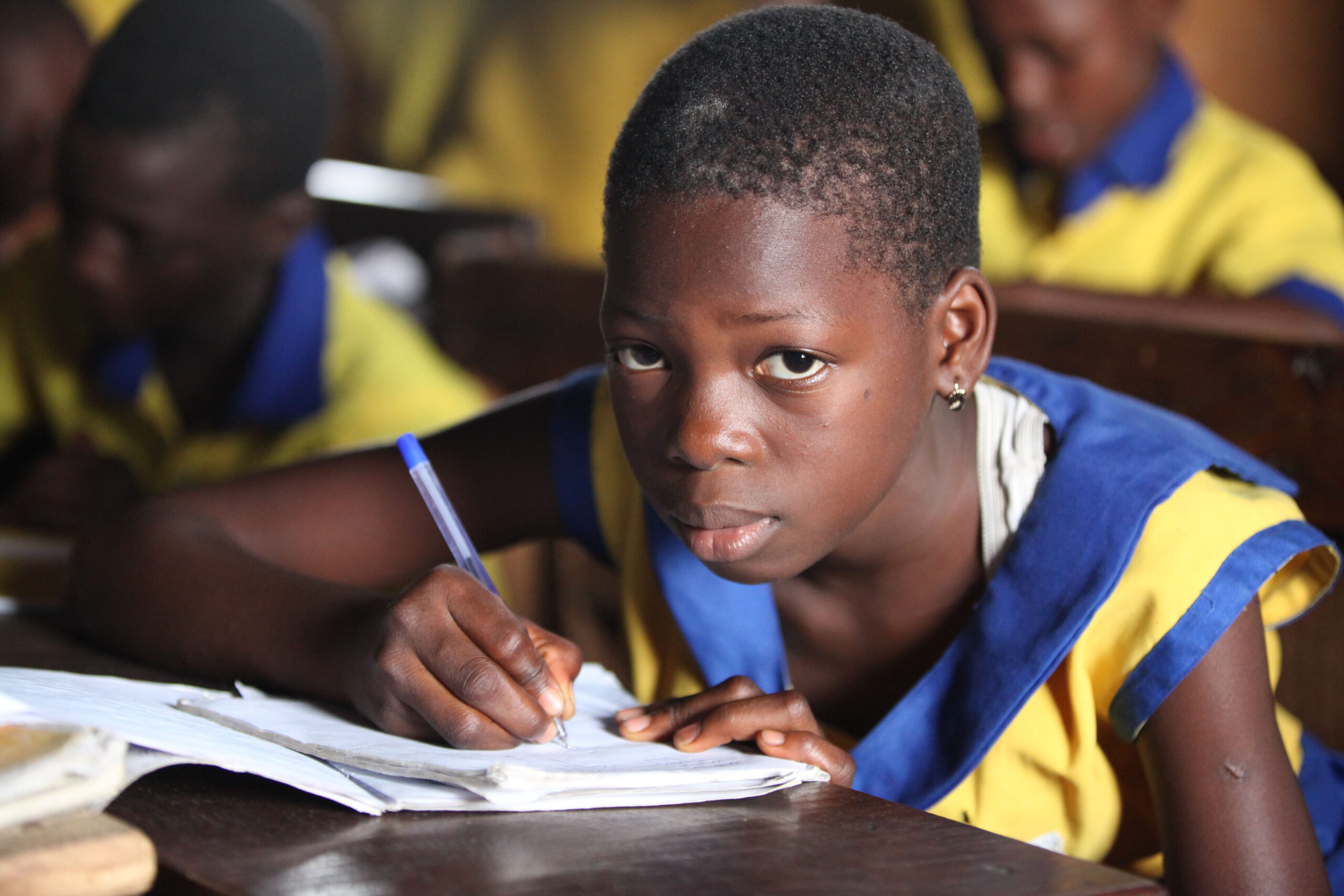
The question that we as Nigerians keep asking ourselves is, “What went wrong with Vision 20:2020? ” The answer is that each government we have had over the last 15 years: from the Obasanjo administration to the present government of Muhammadu Buhari has failed the good people of Nigeria in their management of our country and our vision.
Understandably, many stakeholders believe that with no accountability mechanism to ensure that each government would pursue the goals set out in the vision, it was doomed from the outset. The All Progressive Congress (APC) which came to power in 2015, for example, focused on their “Change” agenda: curbing corruption, strengthening security and diversification of the economy and not on Vision 20:2020.
It may also be argued that our vision collapsed because of the absence of a focused and coordinated effort to achieve its goals at the level of our federal agencies.
Additionally, it is alleged that some of the funds allocated to achieving the vision were embezzled by government officials.
Beyond this, it is also very clear that Nigerians were not sincere about this vision for our country. If we had been sincere, we would not be grappling with the levels of terrorism and tension that still plague our country today. If we were serious about Vision 20: 2020, we would not still be talking about our crumbling infrastructure, the need for electoral reform, or about the languishing Petroleum Industrial Bill yet to be passed into law.
If we were really genuine about our vision why would we be tolerating the payment of excessive salaries and unimaginable allowances to government officials? and how would we explain the attempts by some regions to frustrate restructuring efforts because they felt the changes would not be in their favour?
The sad reality is that too much has gone wrong with our handling of Vision 20: 2020 and with Vision 2010 before it, and there is an urgent need for the Nigerian government to go back to the drawing board and study the two failed visions, so that this never happens again.
Photo Credit: Commonwealth Asset Bank and Swissinfo.ch
………………………………………………………………………………………………………………
About Omeye Chimaobi Kenechukwu: I am a Geology graduate of the University of Nigeria. I’m currently a renewable energy (solar) mini-grid data analyst with a leading renewable energy firm in Nigeria and, most importantly, a lover of writing. The degradation of Nigeria has been of major concern to me and I hope to make a huge impact on the development of my country by writing and telling the truth even when it seems hidden. I love my career (geology), environment, renewable energy, politics and football.
……………………………………………………………………………………………………………
Opinions expressed in this article are those of the author and do not necessarily represent the views of the Commonwealth Youth Programme. Articles are published in a spirit of dialogue, respect and understanding. If you disagree, why not submit a response?
To learn more about becoming a Commonwealth Correspondent please visit: http://www.yourcommonwealth.org/submit-articles/
………………………………………………………………………………………………………………
